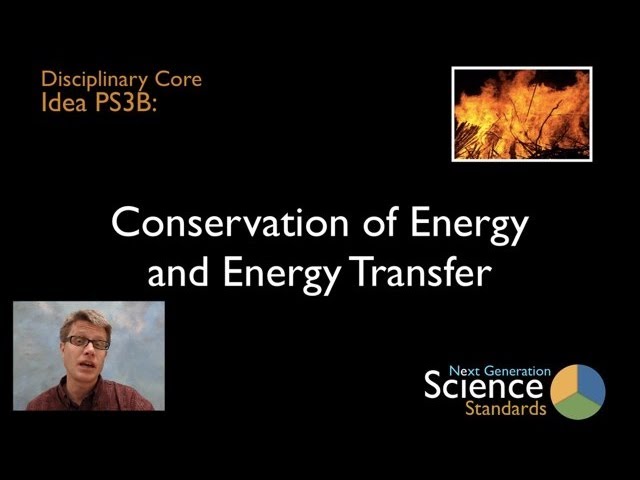PS3.B: Conservation of Energy and Energy Transfer
Paul Andersen explains how energy is conserved within a system. In both macroscopic and microscopic collisions the amount of energy before the collision is equal to the amount after. He then defines heat as energy transfer between objects with different temperatures. He explains how heat is transferred via conduction, convection and radiation. A teaching progression K-12 is also included.
PS3.A: Definitions of Energy
In this video Paul Andersen attempts to explain the age old questions - What is Energy? Even though it comes in many forms one of the defining characteristics of energy is that it is conserved over time. He then explains that all energy is either a function of motion, due to its position within a field or radiation. A teaching progression K-12 is also included.
CCC5: Matter and Energy
In this video Paul Andersen explains how matter and energy flow and cycle through systems. He starts by explaining how energy and matter input and output will always be conserved. He addresses the many misconceptions surround energy and matter including the belief that food contains energy. He explains how nuclear reactions conserve both batter and energy. The video ends with a teaching progression for grades K-12.
SEP3: Planning and Carrying Out Investigations
Paul Andersen explains how investigations are used by scientists to answer questions and by engineers to test designs. He delineates be investigative and observational science. He demonstrates the formation of a good question the design of an effective investigation.




